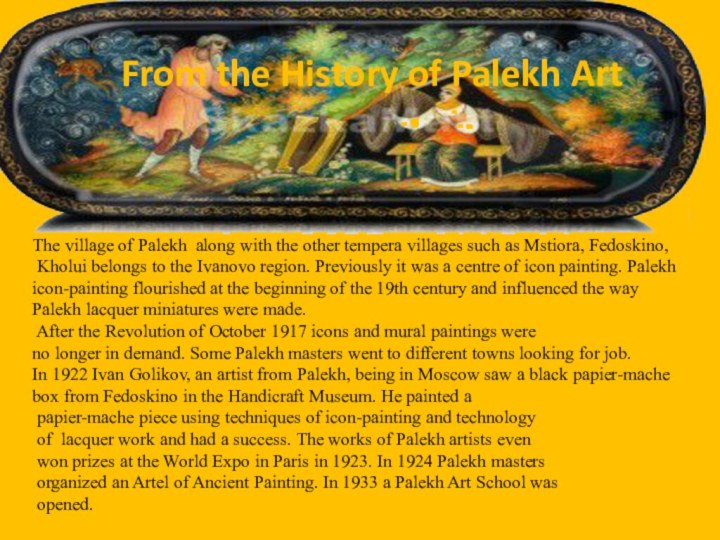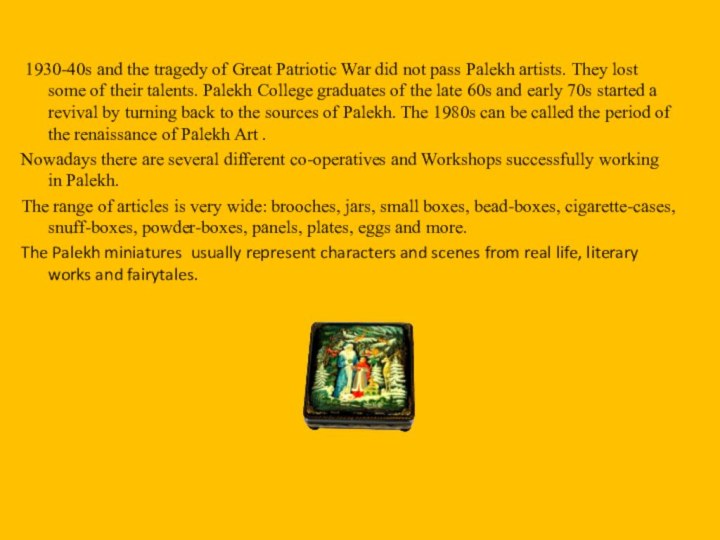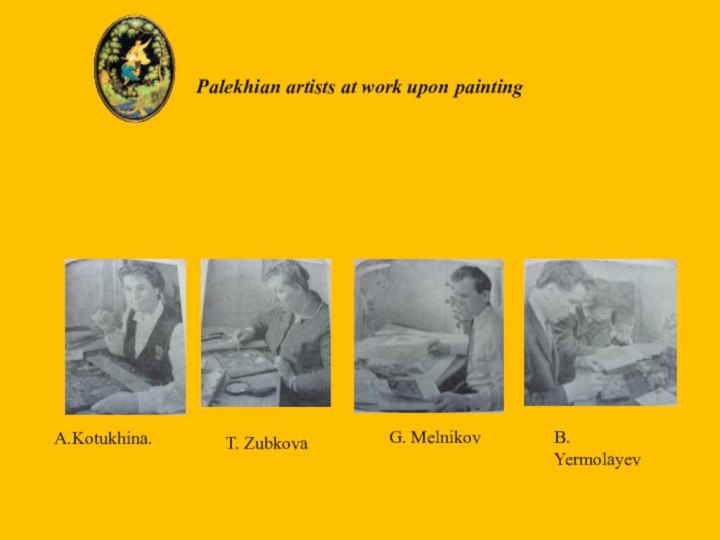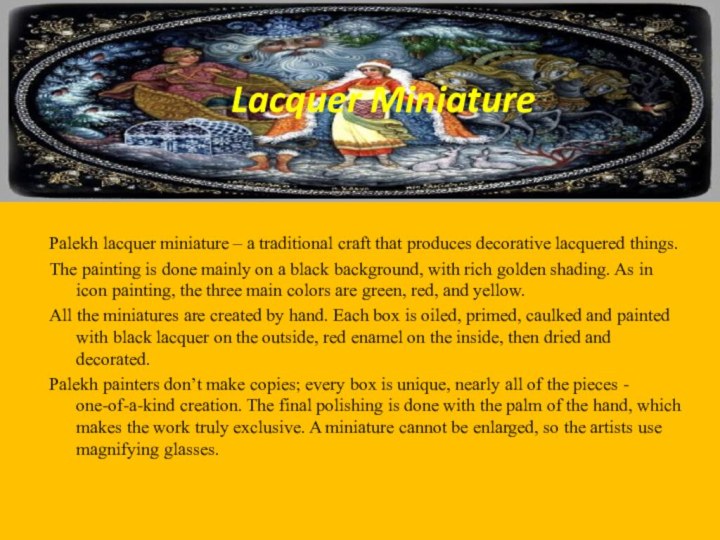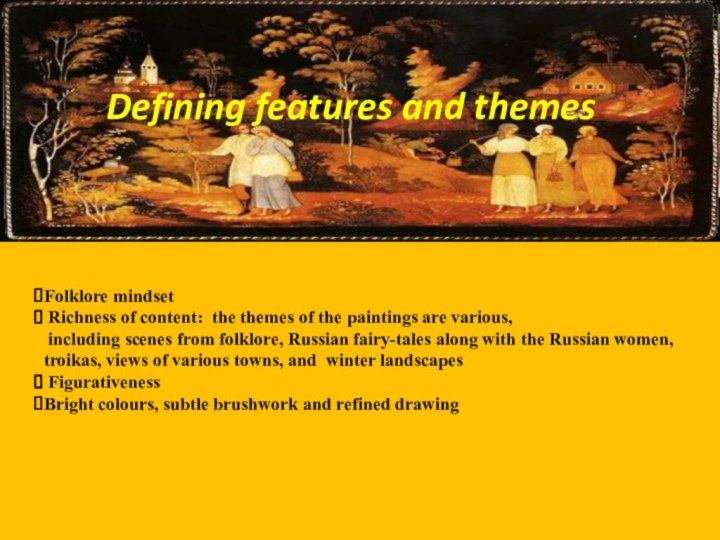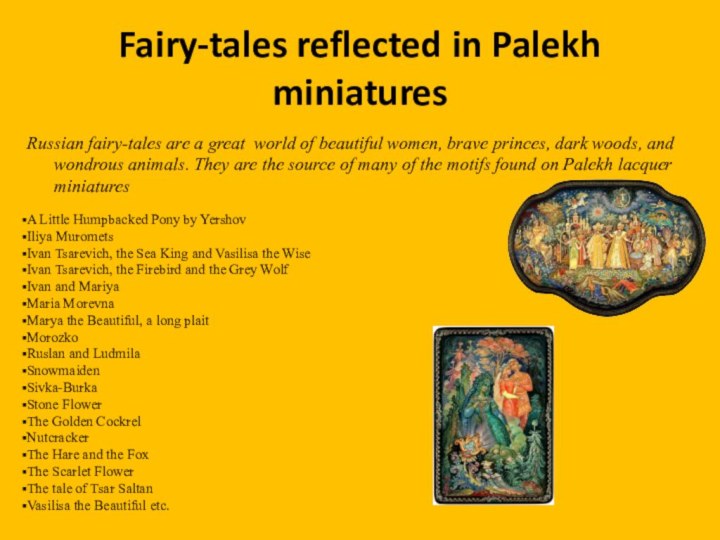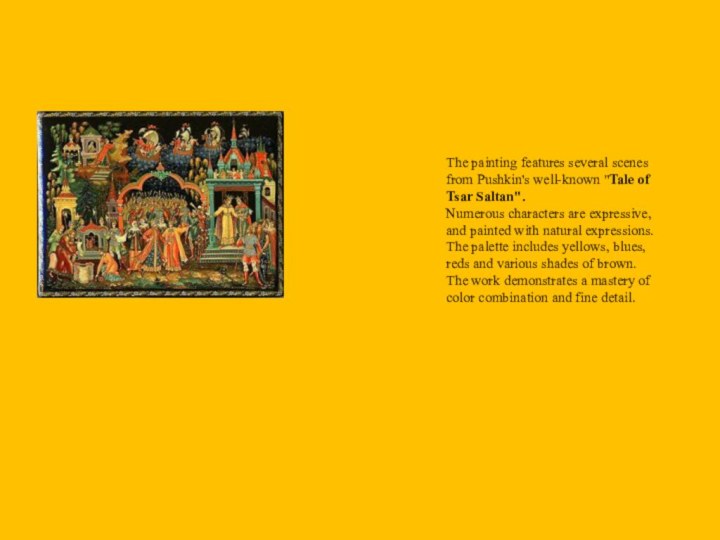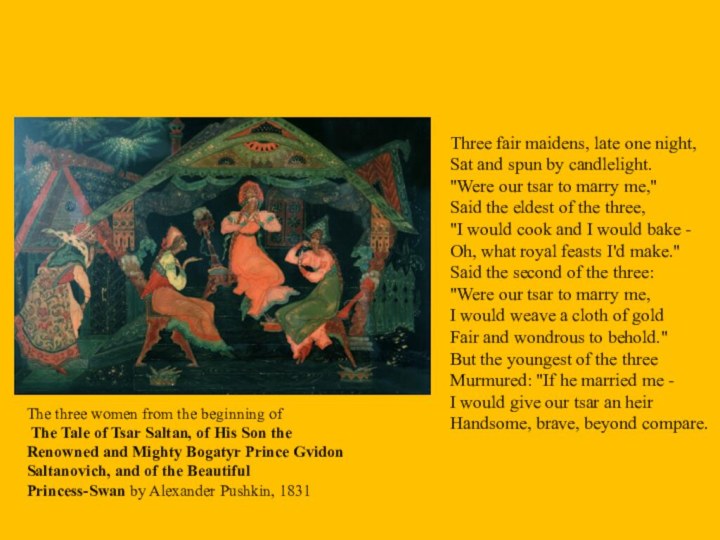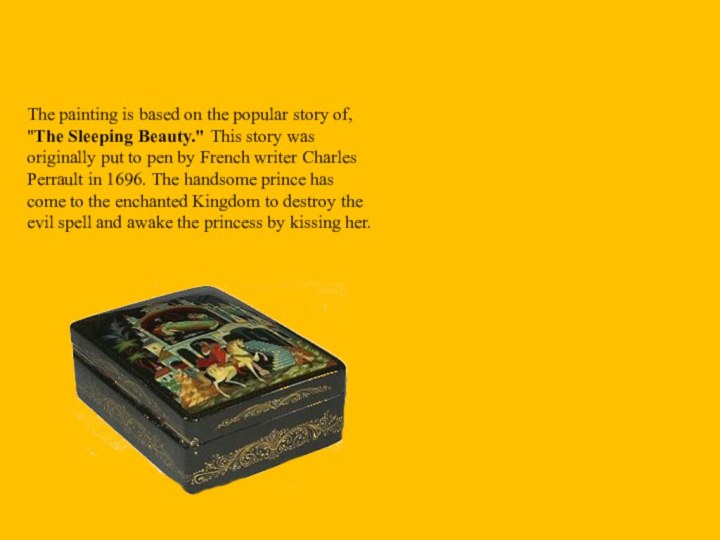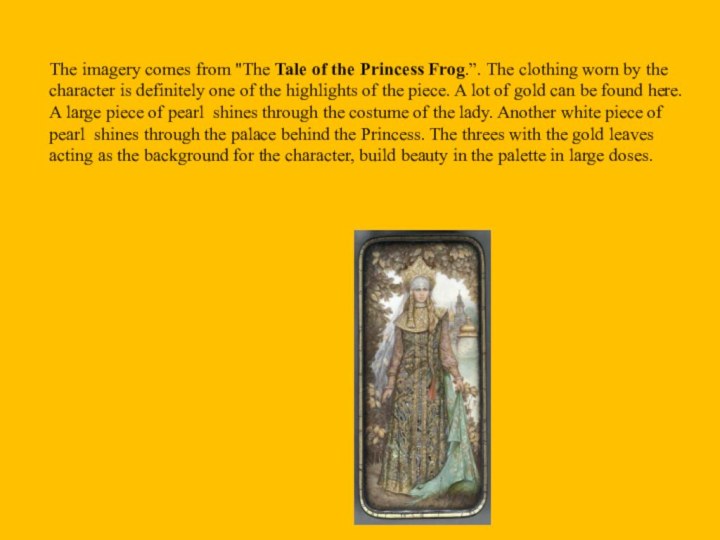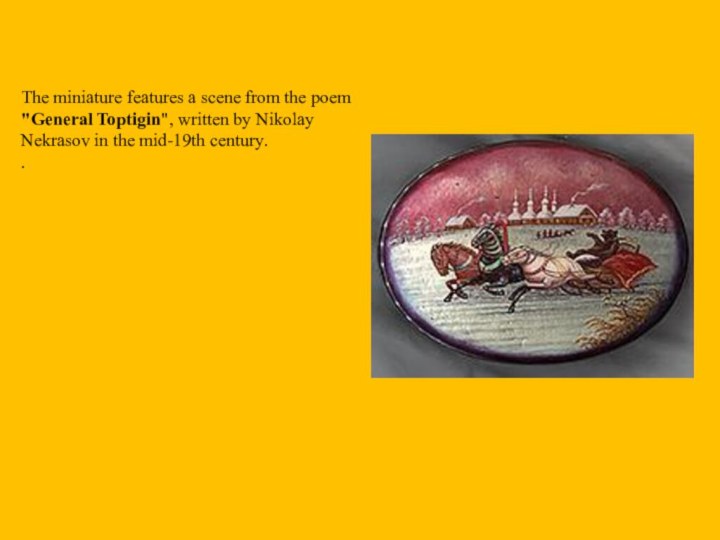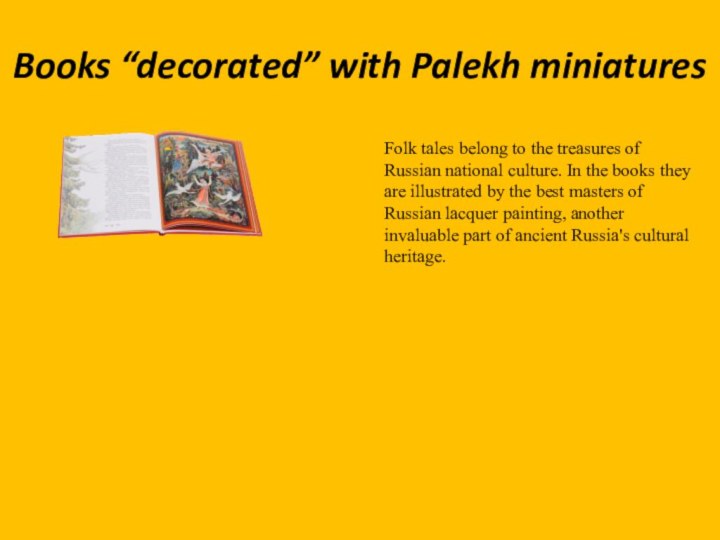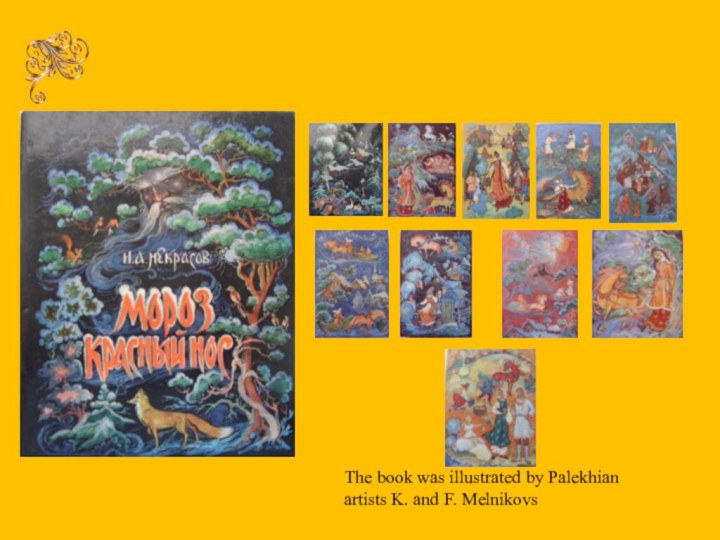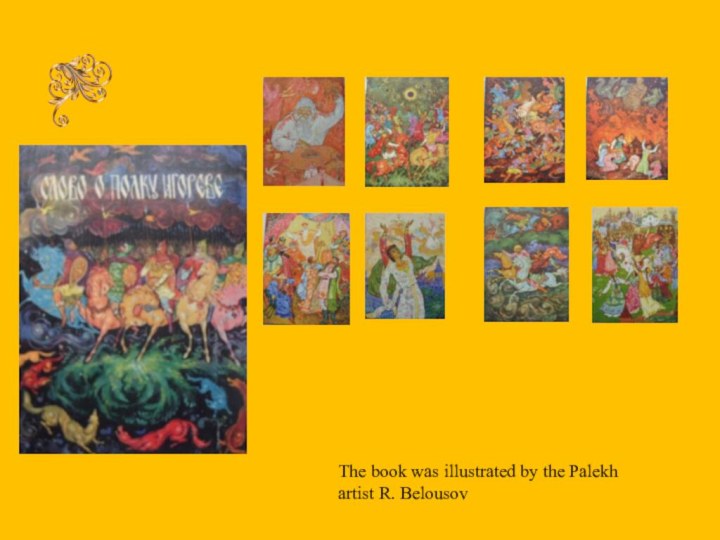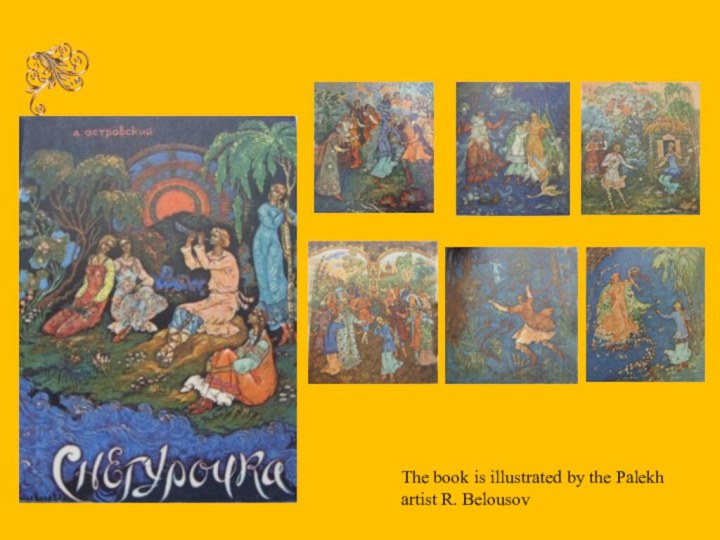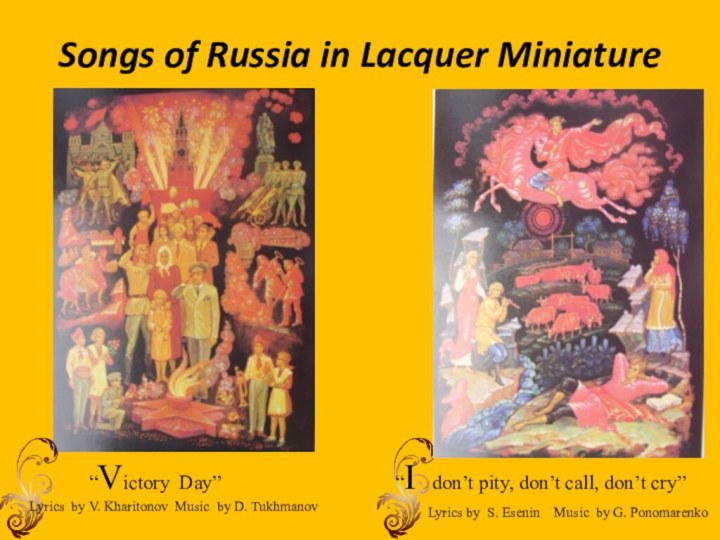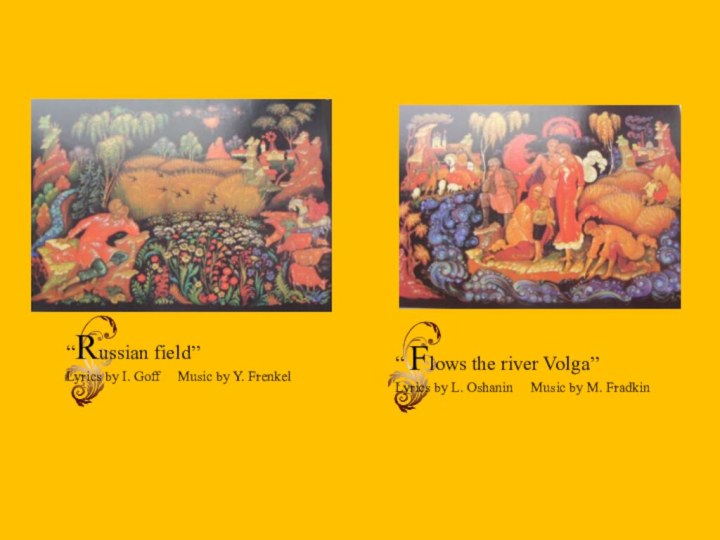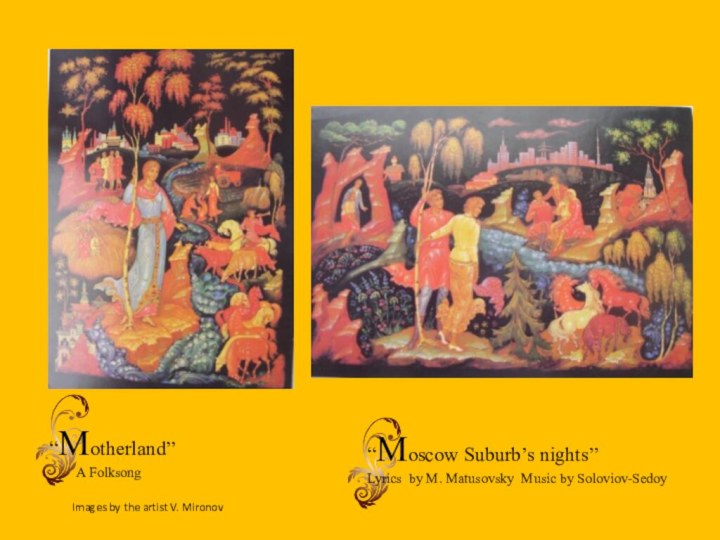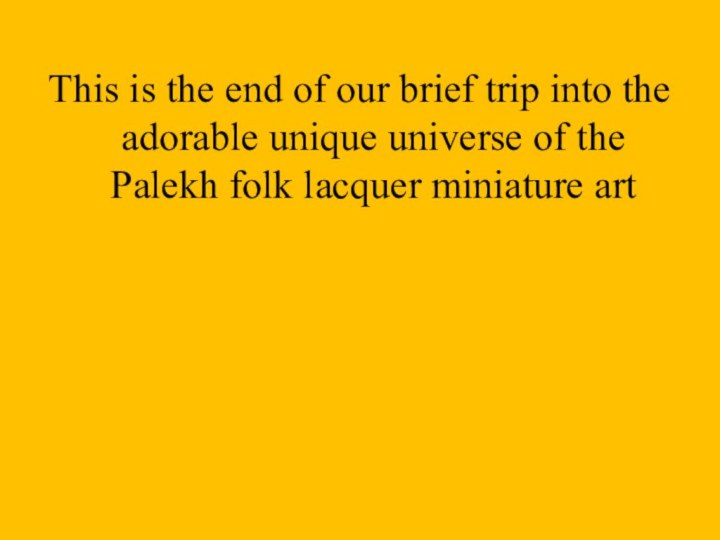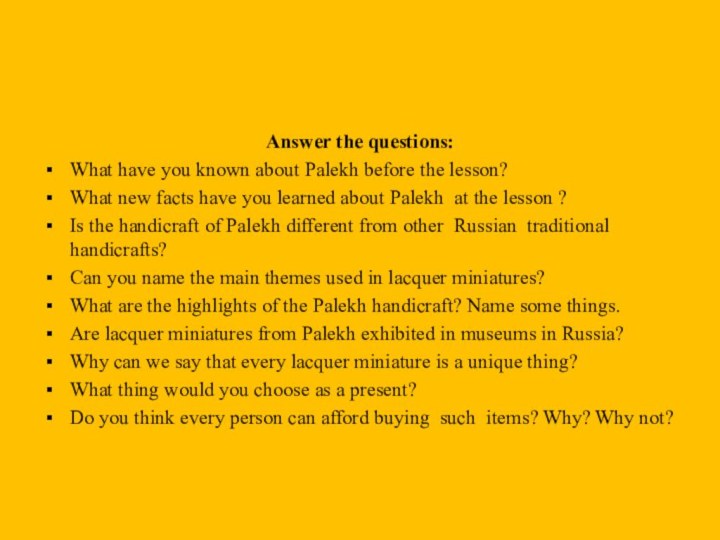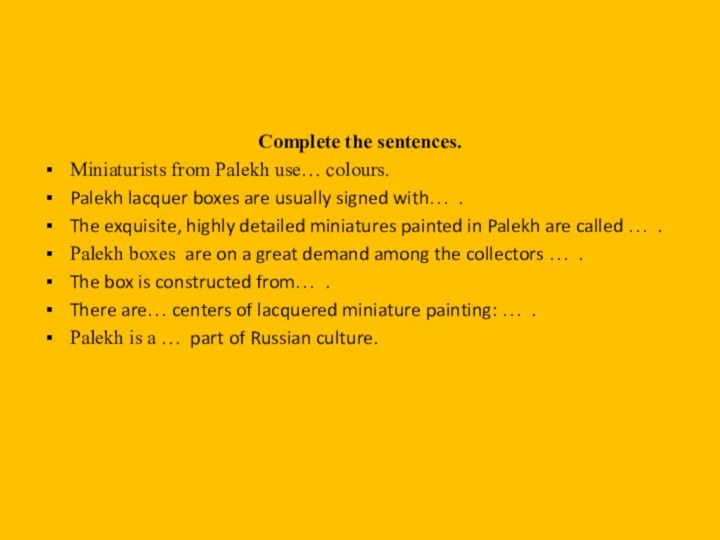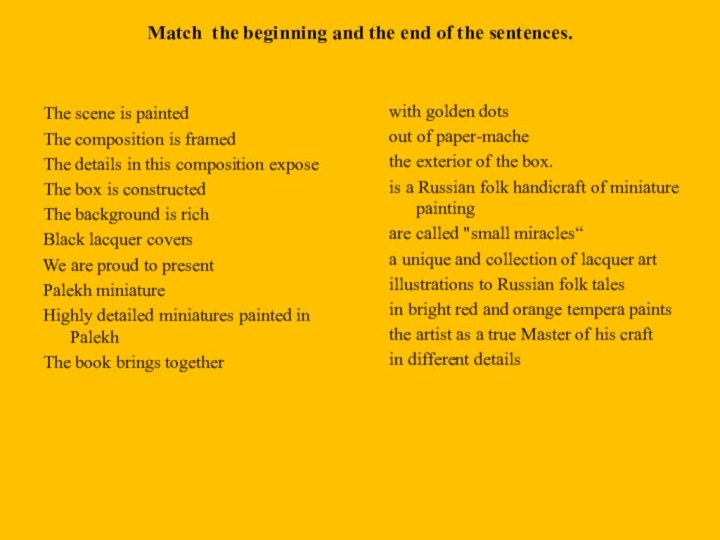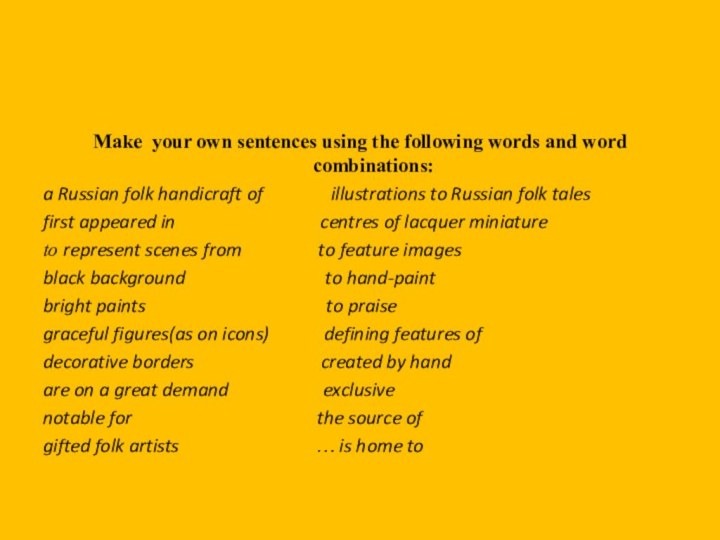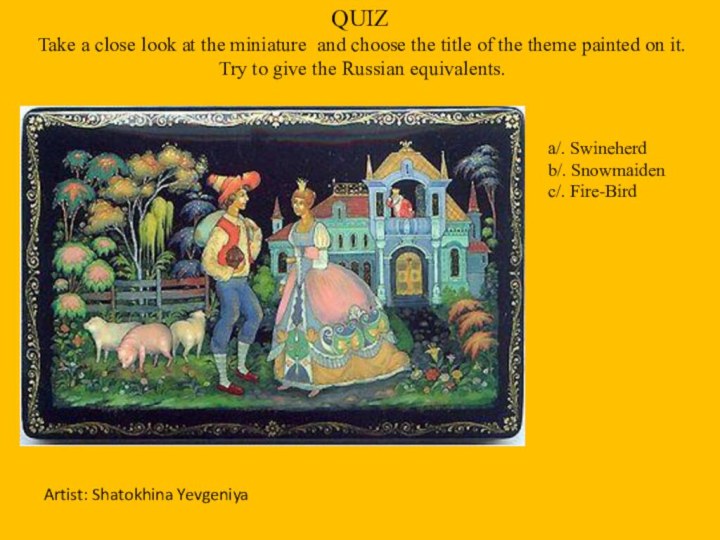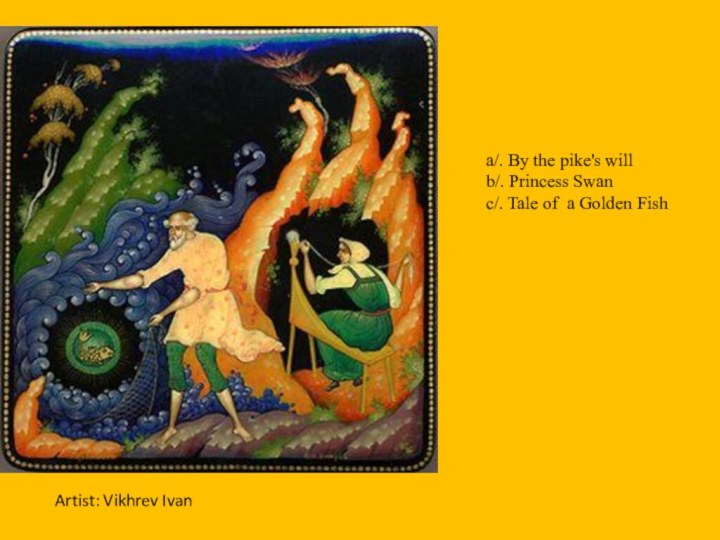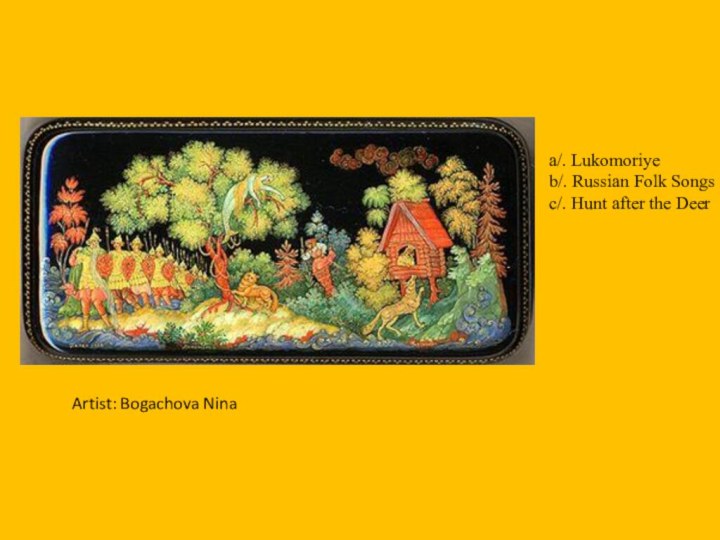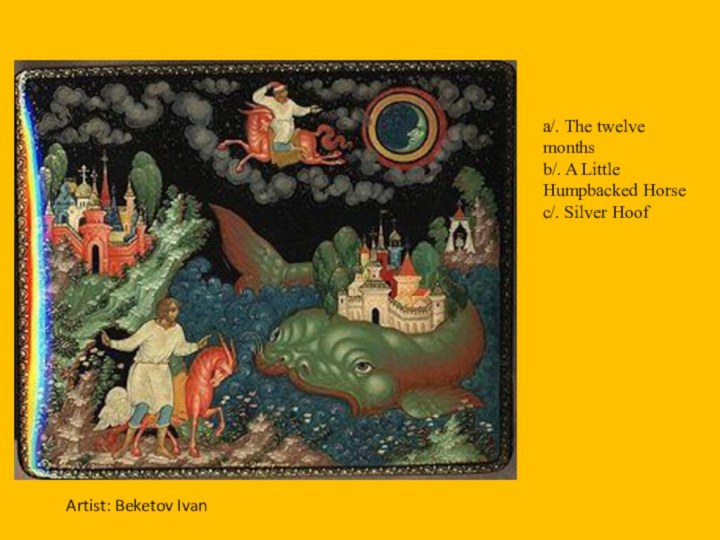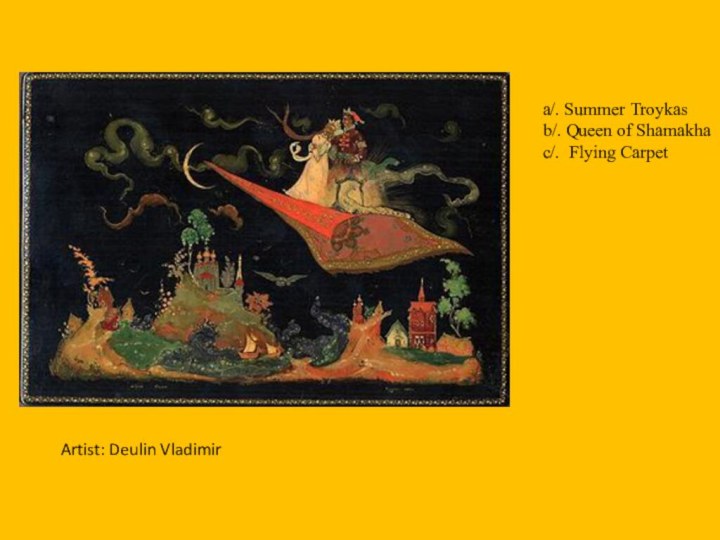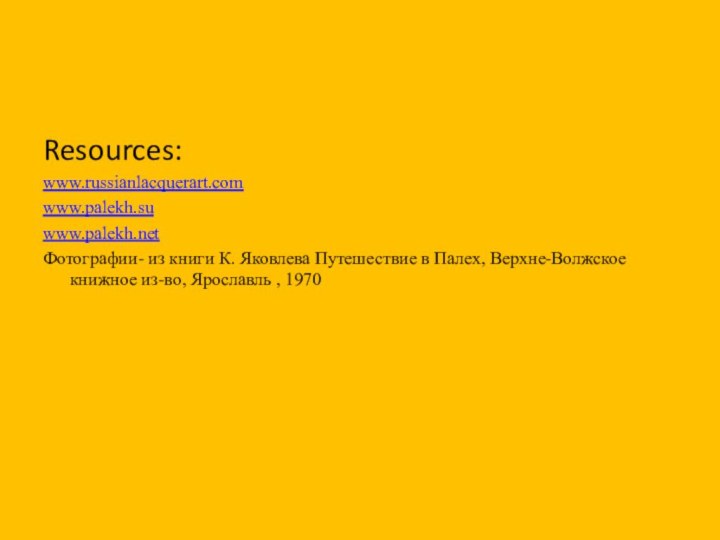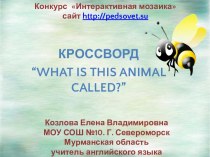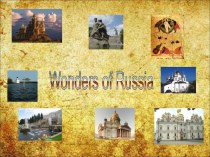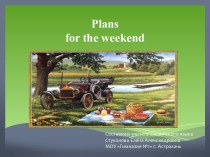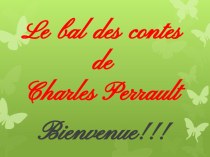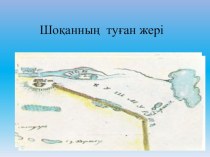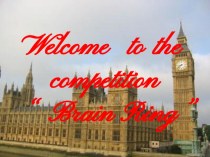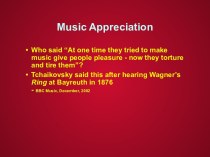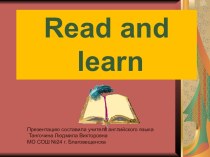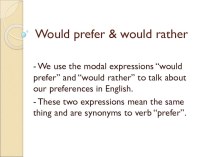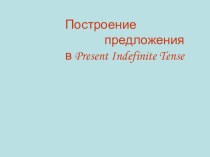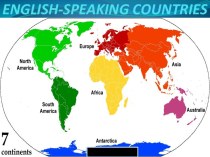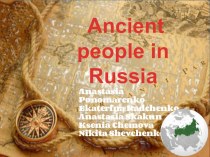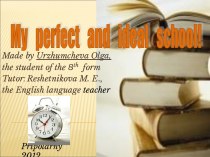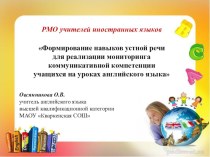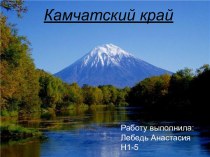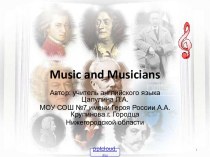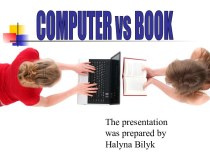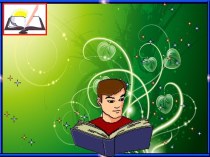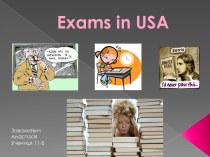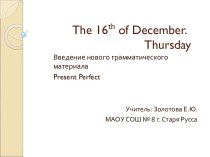Слайд 2
Contents:
From the history of Palekh [´pӕlik] miniature
Palekh
lacquer miniature
Fairy tales reflected in miniatures
“Decorated”books from Palekh
Songs
of Russia in Palekh miniatures
Palekh miniature (Russian: Палехская миниатюра) is a Russian folk handicraft of a miniature painting, which is done with tempera paints on varnished articles made of papier-mâché
Слайд 3
From the History of Palekh Art
The village of
Palekh along with the other tempera villages such as
Mstiora, Fedoskino,
Kholui belongs to the Ivanovo region. Previously it was a centre of icon painting. Palekh icon-painting flourished at the beginning of the 19th century and influenced the way Palekh lacquer miniatures were made.
After the Revolution of October 1917 icons and mural paintings were
no longer in demand. Some Palekh masters went to different towns looking for job.
In 1922 Ivan Golikov, an artist from Palekh, being in Moscow saw a black papier-mache box from Fedoskino in the Handicraft Museum. He painted a
papier-mache piece using techniques of icon-painting and technology
of lacquer work and had a success. The works of Palekh artists even
won prizes at the World Expo in Paris in 1923. In 1924 Palekh masters
organized an Artel of Ancient Painting. In 1933 a Palekh Art School was
opened.
Слайд 4
1930-40s and the tragedy of Great Patriotic
War did not pass Palekh artists. They lost some
of their talents. Palekh College graduates of the late 60s and early 70s started a revival by turning back to the sources of Palekh. The 1980s can be called the period of the renaissance of Palekh Art .
Nowadays there are several different co-operatives and Workshops successfully working in Palekh.
The range of articles is very wide: brooches, jars, small boxes, bead-boxes, cigarette-cases, snuff-boxes, powder-boxes, panels, plates, eggs and more.
The Palekh miniatures usually represent characters and scenes from real life, literary works and fairytales.
Слайд 5
Palekhian artists at work upon painting
A.Kotukhina.
T. Zubkova
B.
Yermolayev
G. Melnikov
Слайд 6
Lacquer Miniature
Palekh lacquer miniature – a traditional craft
that produces decorative lacquered things.
The painting is done mainly
on a black background, with rich golden shading. As in icon painting, the three main colors are green, red, and yellow.
All the miniatures are created by hand. Each box is oiled, primed, caulked and painted with black lacquer on the outside, red enamel on the inside, then dried and decorated.
Palekh painters don’t make copies; every box is unique, nearly all of the pieces - one-of-a-kind creation. The final polishing is done with the palm of the hand, which makes the work truly exclusive. A miniature cannot be enlarged, so the artists use magnifying glasses.
Слайд 7
Defining features and themes
Folklore mindset
Richness of content:
the themes of the paintings are various,
including scenes
from folklore, Russian fairy-tales along with the Russian women,
troikas, views of various towns, and winter landscapes
Figurativeness
Bright colours, subtle brushwork and refined drawing
Слайд 8
Fairy-tales reflected in Palekh miniatures
Russian fairy-tales are a
great world of beautiful women, brave princes, dark woods,
and wondrous animals. They are the source of many of the motifs found on Palekh lacquer miniatures
A Little Humpbacked Pony by Yershov
Iliya Muromets
Ivan Tsarevich, the Sea King and Vasilisa the Wise
Ivan Tsarevich, the Firebird and the Grey Wolf
Ivan and Mariya
Maria Morevna
Marya the Beautiful, a long plait
Morozko
Ruslan and Ludmila
Snowmaiden
Sivka-Burka
Stone Flower
The Golden Cockrel
Nutcracker
The Hare and the Fox
The Scarlet Flower
The tale of Tsar Saltan
Vasilisa the Beautiful etc.
Слайд 9
The painting features several scenes from Pushkin's well-known
"Tale of Tsar Saltan".
Numerous characters are expressive, and
painted with natural expressions. The palette includes yellows, blues, reds and various shades of brown. The work demonstrates a mastery of color combination and fine detail.
Слайд 10
Three fair maidens, late one night,
Sat and spun
by candlelight.
"Were our tsar to marry me,"
Said the eldest
of the three,
"I would cook and I would bake -
Oh, what royal feasts I'd make."
Said the second of the three:
"Were our tsar to marry me,
I would weave a cloth of gold
Fair and wondrous to behold."
But the youngest of the three
Murmured: "If he married me -
I would give our tsar an heir
Handsome, brave, beyond compare.
The three women from the beginning of
The Tale of Tsar Saltan, of His Son the Renowned and Mighty Bogatyr Prince Gvidon Saltanovich, and of the Beautiful Princess-Swan by Alexander Pushkin, 1831
Слайд 11
The painting is based on the popular story
of, "The Sleeping Beauty." This story was originally put
to pen by French writer Charles Perrault in 1696. The handsome prince has come to the enchanted Kingdom to destroy the evil spell and awake the princess by kissing her.
Слайд 12
The imagery comes from "The Tale of the
Princess Frog.”. The clothing worn by the character is
definitely one of the highlights of the piece. A lot of gold can be found here. A large piece of pearl shines through the costume of the lady. Another white piece of pearl shines through the palace behind the Princess. The threes with the gold leaves acting as the background for the character, build beauty in the palette in large doses.
Слайд 13
The miniature shows a scene from the Russian
folk fairy-tale "Vasilisa the Beautiful". Here we can see
the moment when Vasilisa meets one of three riders, the Red Sun Rider. The girl is holding the doll in her hands that helps her to fulfill each difficult task given by Baba-Yaga.
The scene is painted in various shades of green and orange tempera paints against the black lacquered background.
Слайд 14
The miniature features a scene from the poem
"General Toptigin", written by Nikolay Nekrasov in the mid-19th
century.
.
Слайд 15
Books “decorated” with Palekh miniatures
Folk tales belong to
the treasures of Russian national culture. In the books
they are illustrated by the best masters of Russian lacquer painting, another invaluable part of ancient Russia's cultural heritage.
Слайд 16
The book was illustrated by Palekhian
artists K.
and F. Melnikovs
Слайд 17
The book was illustrated by the Palekh
artist
R. Belousov
Слайд 18
The book is illustrated by the Palekh
artist R.
Belousov
Слайд 19
Songs of Russia in Lacquer Miniature
“I don’t
pity, don’t call, don’t cry”
Lyrics by S. Еsenin
Music by G. Ponomarenko
“Victory Day”
Lyrics by V. Kharitonov Music by D. Tukhmanov
Слайд 20
“Russian field”
Lyrics by I. Goff Music
by Y. Frenkel
“ Flows the river Volga”
Lyrics by L.
Oshanin Music by M. Fradkin
Слайд 21
“Moscow Suburb’s nights”
Lyrics by M. Matusovsky Music by
Soloviov-Sedoy
“Motherland”
A Folksong
Images by the artist
V. Mironov
Слайд 22
This is the end of our brief trip
into the adorable unique universe of the Palekh folk
lacquer miniature art
Слайд 23
Answer the questions:
What have you known about Palekh
before the lesson?
What new facts have you learned about
Palekh at the lesson ?
Is the handicraft of Palekh different from other Russian traditional handicrafts?
Can you name the main themes used in lacquer miniatures?
What are the highlights of the Palekh handicraft? Name some things.
Are lacquer miniatures from Palekh exhibited in museums in Russia?
Why can we say that every lacquer miniature is a unique thing?
What thing would you choose as a present?
Do you think every person can afford buying such items? Why? Why not?
Слайд 24
Complete the sentences.
Miniaturists from Palekh use… colours.
Palekh lacquer
boxes are usually signed with… .
The exquisite, highly detailed
miniatures painted in Palekh are called … .
Palekh boxes are on a great demand among the collectors … .
The box is constructed from… .
There are… centers of lacquered miniature painting: … .
Palekh is a … part of Russian culture.
Слайд 25
Match the beginning and the end of the
sentences.
The scene is painted
The composition is framed
The details in
this composition expose
The box is constructed
The background is rich
Black lacquer covers
We are proud to present
Palekh miniature
Highly detailed miniatures painted in Palekh
The book brings together
with golden dots
out of paper-mache
the exterior of the box.
is a Russian folk handicraft of miniature painting
are called "small miracles“
a unique and collection of lacquer art
illustrations to Russian folk tales
in bright red and orange tempera paints
the artist as a true Master of his craft
in different details
Слайд 26
Make your own sentences using the following words
and word combinations:
a Russian folk handicraft of
illustrations to Russian folk tales
first appeared in centres of lacquer miniature
to represent scenes from to feature images
black background to hand-paint
bright paints to praise
graceful figures(as on icons) defining features of
decorative borders created by hand
are on a great demand exclusive
notable for the source of
gifted folk artists … is home to
Слайд 27
QUIZ
Take a close look at the miniature
and choose the title of the theme painted on
it.
Try to give the Russian equivalents.
Artist: Shatokhina Yevgeniya
a/. Swineherd
b/. Snowmaiden
c/. Fire-Bird
Слайд 28
Artist: Vikhrev Ivan
a/. By the pike's will
b/. Princess
Swan
c/. Tale of a Golden Fish
Слайд 29
Artist: Bogachova Nina
a/. Lukomoriye
b/. Russian Folk Songs
c/. Hunt
after the Deer
Слайд 30
Artist: Beketov Ivan
a/. The twelve months
b/. A Little
Humpbacked Horse
c/. Silver Hoof
Слайд 31
Artist: Deulin Vladimir
a/. Summer Troykas
b/. Queen of Shamakha
c/.
Flying Carpet
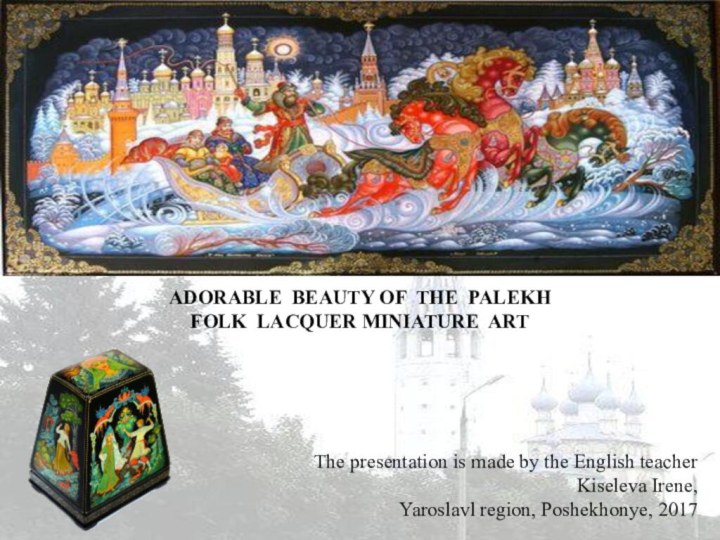
![Презентация по английскому языку для 10 класса на тему Палехская миниатюра Contents:From the history of Palekh [´pӕlik] miniature Palekh lacquer miniature Fairy tales](/img/tmb/6/521932/2c01fb99e691b677f02333d32ba348d7-720x.jpg)
